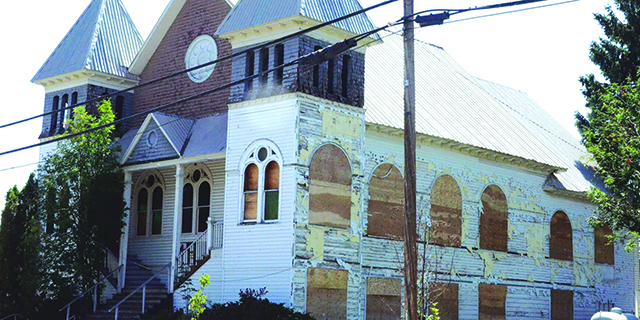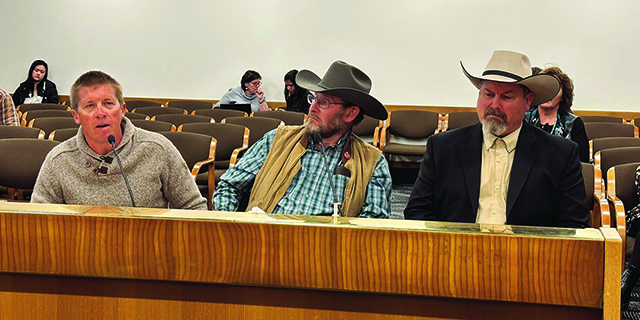POLITICAL PHILOSOPHY: Catholic voters have become a divided lot
Published 5:00 pm Tuesday, August 21, 2012

- <p>John McColgan</p>
A few weeks ago, someone asked me to speculate about who Romney might choose as his vice-presidential nominee. I mentioned several possible candidates by name, including Marco Rubio, Jeb Bush, and Paul Ryan, and I could easily have added Chris Christie, Bobby Jindal, and Rick Santorum to my list. All these politicians have what I thought might be one of the most important qualifications that Romney would be looking for in a running mate: they are conservative Catholics.
Now why, you might ask, would a conservative Catholic be an asset to a Romney ticket? To answer that question, its important to note first that Catholics, like Independents, tend to be swing voters, and that the presidential candidate who has won the Catholic vote in the last four decades has also won the election.
Trending
Throughout the 20th century, and especially during the 1960s and 70s after John Kennedy had been elected president, most Catholics tended to identify as Democrats, partly because relatively liberal Catholic social teaching made Catholics feel more at home in the Democratic Party. But in the wake of the Roe vs. Wade decision and with the candidacy of Ronald Reagan, who staunchly opposed abortion, Catholics became more conflicted in their decision-making and less predictable in their presidential choices. Sometimes they seemed to yield to the Vaticans more liberal social teachings regarding their responsibility to care for the poor, while other times they aligned themselves with candidates that they saw as pro-life. Gradually a political alliance began to emerge between evangelical Christians and conservative Catholic voters within the Republican Party, while more progressive Catholics tended to remain loyal Democrats.
In this years presidential season, we have already seen the Catholic political dynamic in the candidacy of Rick Santorum, whose conservative moral positions won him the support of many evangelical Christians, especially in southern states. And anyone who has paid attention to national news will recall the firestorm of controversy that was set off among Catholics when President Obama announced that insurance companies that participated in the new federal health care exchange would have to provide contraceptive coverage at no added cost to the insured. Catholic bishops, led by Cardinal Dolan of New York, were highly critical of Obamas decision, while other clergy, such as the nuns who run Catholic hospitals and the religious orders who operate Catholic universities, were more inclined to accept Obamas accommodation as a workable ethical and political compromise.
The response of some of the nuns in this controversy drew the attention and rebuke of the Vatican, and the pope even commissioned several bishops to meet with the nuns to try to bring them back into the fold, so to speak. The response of the nuns was to organize a bus tour to rally progressive Catholics, which brought an enthusiastic response from parishioners like me who greeted these brave women by saying, in a nutshell, You go girls! No offense intended here to the Vatican, but after having been taught from grades one through eight by the Sisters of St. Joseph in Boston, I continue to have much greater respect for the courageous and disciplined women who gave 50 kids in every class a solid education than I do for the bishops, including one in my old home parish, who transferred pedophile priests around while keeping their scandalous behavior hush-hush.
If one of Romneys motives in selecting Paul Ryan as his running mate was to try to keep ethical issues on the front burner during the fall campaign, then he would have been much smarter to have chosen one of the other Catholic candidates mentioned above. Many of the nuns and leaders of other religious orders who expressed qualms about Obamas health care rulings before eventually accepting them have already voiced strong opposition to attempts to privatize Social Security, cut Medicaid, or substitute vouchers for the Medicare system that we have had for almost 50 years. Paul Ryan has not only advocated all these changes; he has been one of their principal proponents in Congress. If Mitt Romney expected the more progressive nuns or even the more conservative bishops to accept these proposals or their chief architect without severe criticism, he badly miscalculated.









